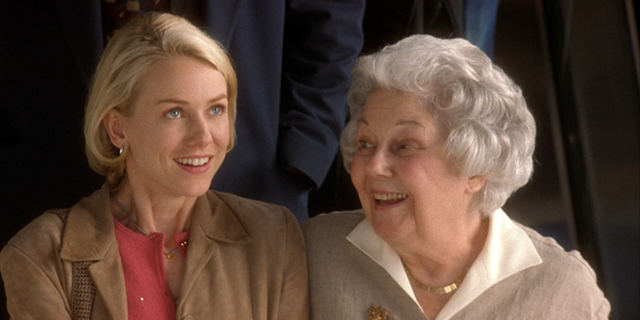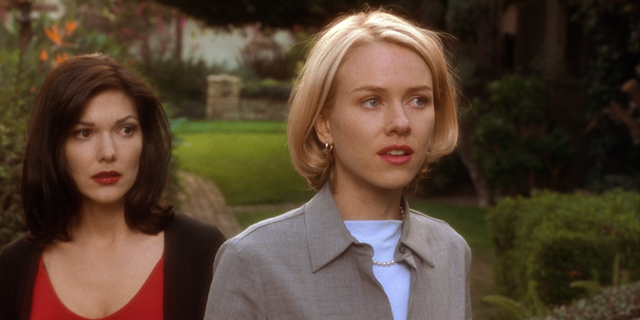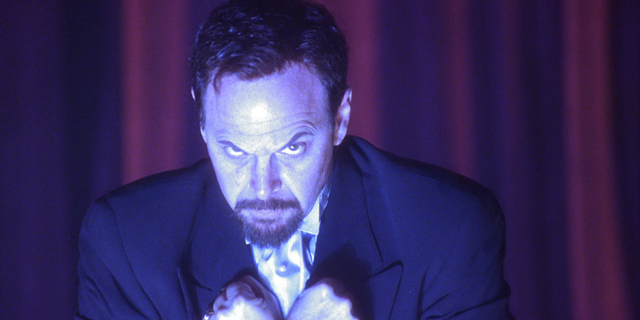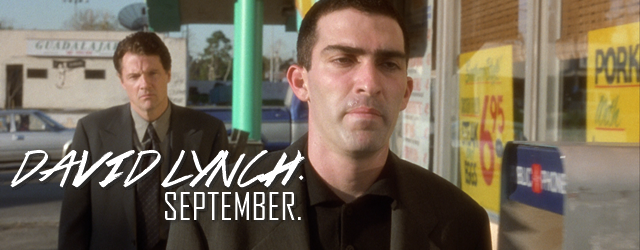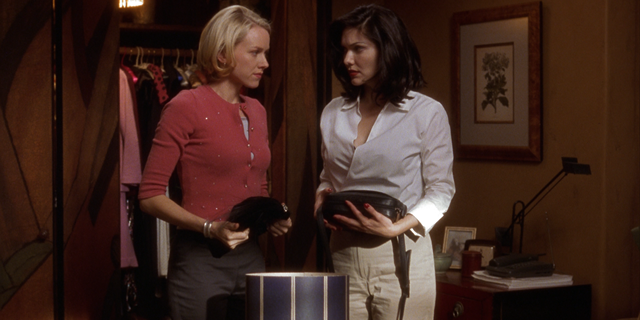
I decided for the first time in my 9 months here at French Toast Sunday that I simply couldn’t write an edition of Trope Talk; in the past, when the director of the month was someone whose work I wasn’t too well-versed in, I’d simply write on a separate topic. But David Lynch, who shares my birthday, was a director I just couldn’t bring myself to ignore entirely. So instead, I find myself working through feelings I cannot identify and reactions I cannot quite describe, all as a result of the one Lynch film I have seen: Mulholland Drive (2001).
Before I go any further, let me also say this: this is not going to be a straightforward review or an analytical essay. This is perhaps nothing more special (or eloquent, I’m afraid) than a personal account of what this film made me feel and how it made me think. I watched the film about a year ago for the first and only time— and as soon as I get a chance, I want to revisit it, which is to say, I need to revisit it.
I may not know enough to write a Trope Talk about precisely what it means for something to be Lynchian, but I do know that his bizarre modes of storytelling are often enigmatic, elusive and absolutely entrancing. But, disturbing and moving simultaneously, Mulholland Drive is, as of right now, a film that defies my understanding. I want to understand it, but I also think that if I did, some of that dark and dreadful magic might be lost. Part of the fun is the theorizing, isn’t it?
The film, which was apparently meant to be a television series—hence why it is so confusing and jaggedly pieced together, some might say—is indeed a puzzle. It is beautiful and ugly at the same time, and the confounding combination often had my stomach in knots. It is a neo-noir and a mystery, a satire and a romance all wrapped in a dreamlike quality that exists somewhere outside of genre, hallucinatory and even nightmarish at times.
On the other hand, I didn’t question the reality of the film until we are, obviously, meant to [dancing around some spoilers here] but I almost wish I had—when I do watch the film for a second time, I will be even more pleasantly paranoid, trying to piece things together now that I know what those pieces even are.
Naomi Watts is amazing as Betty, a peppy would-be Hollywood actress. But the winding road she and “Rita” (Laura Harring) travel together to find Rita’s identity after a car accident leaves her with amnesia is what makes this film the truly jarring experience that it is— it is a journey replete with detours that are sometimes inconsequential and at others relevant (at least abstractly so).
The scene at Club Silencio had the most impact on me. It is chilling— almost inducing the same teary emotional response in me as it does from Betty and Rita as they listen to a Spanish woman singing, or so they think. But as far as cinematic climaxes go, it is unsettlingly restrained. It isn’t until after the illusion is shattered and the scene ends that we realize how important this moment is, thematically and narratively. Everything is unraveled, only to be rebuilt into something completely different and yet eerily familiar. Everything we thought we knew is deemed false, muddled, or mismatched. It’s a thrilling and sickening struggle for enlightenment.
Sure, Mulholland Drive can be seen more simply as a psychological thriller with some commentary about Hollywood— from the hypnotic jitterbug in the opening credits to the seemingly unrelated subplot about mobsters controlling director Justin Theroux’s casting choices. But Lynch has already effectively commented upon artifice by playing with perceptions and memory, for both viewers and his characters. This creates a dizzying and disorienting experience that trumps any kind of concrete point or purpose. For a film that makes you think quite hard, Lynch seems just as concerned (if not more so) with making you distrust your thoughts in favor of pure feeling. Full of binaries and dichotomies, Mulholland Drive is a sophisticatedly seedy, spiraling exploration of truth and façade; it is a troubling, triumphant film.


